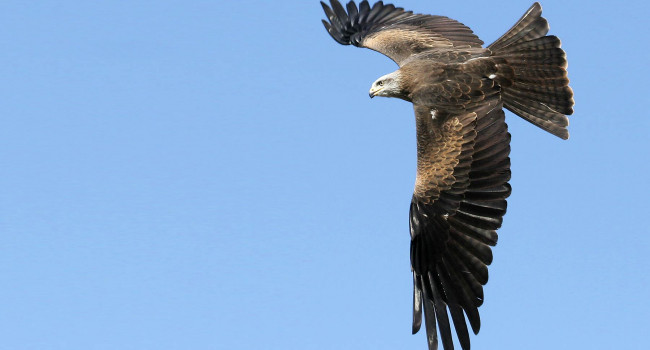Warming temperatures drive at least half of the magnitude of long-term trait changes in European birds

Author(s): McLean, N., Kruuk, L.E.B., van der Jeugd, H.P., Leech, D., van Turnhout, C.A.M. & van de Pol, M.
Published: March 2022
Journal: Proceedings of the National Academy of Sciences of the USA Volume: 119
Article No.: e2105416119
Digital Identifier No. (DOI): 10.1073/pnas.2105416119
Abstract
Many wild populations are experiencing temporal changes in life-history and other phenotypic traits, and these changes are frequently assumed to be driven by climate change rather than nonclimatic drivers. However, this assumption relies on three conditions: that local climate is changing, traits are sensitive to climate variability, and other drivers are not also changing over time. Although many studies acknowledge one or more of these conditions, all three are rarely checked simultaneously. Consequently, the relative contribution of climate change to trait change, and the variation in this contribution across traits and species, remain unclear. We used long-term datasets on 60 bird species in Europe to test the three conditions in laying date, offspring number, and body condition and used a method that quantifies the contribution of warming temperatures to changes in traits relative to other effects. Across species, approximately half of the magnitude of changes in traits could be attributed to rising mean temperature, suggesting that increasing temperatures are likely the single most important contributor to temporal trends and emphasizes the impact that global warming is having on natural populations. There were also substantial nontemperature-related temporal trends (presumably due to other changes such as urbanization), which generally caused trait change in the same direction as warming. Attributing temporal trends solely to warming thus overestimates the impact of warming. Furthermore, contributions from nontemperature drivers explained most of the interspecific variation in trait changes, raising concerns about comparative studies that attribute differences in temporal trends to species differences in climate-change sensitivity.
Staff Author(s)







Share this page